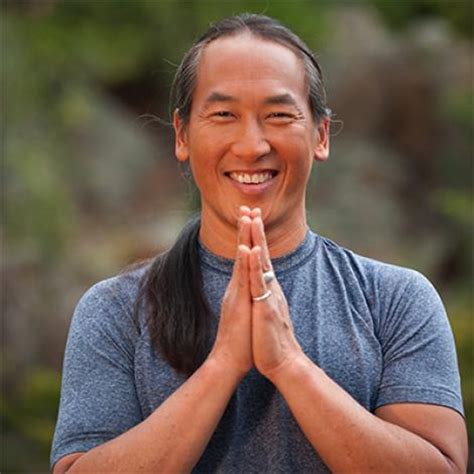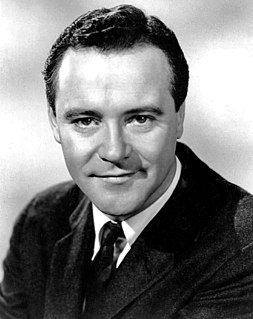A Quote by Charles Dickens
Of all bad listeners, the worst and most terrible to encounter is the man who is so fond of listening that he wishes to hear, not only your conversation, but that of every other person in the room.
Related Quotes
Creative listeners are those who want you to be recklessly yourself, even at your very worst, even vituperative, bad-tempered. They are laughing and just delighted with any manifestation of yourself, bad or good. For true listeners know that if you are bad-tempered it does not mean that you are always so. They don't love you just when you are nice; they love all of you.
Become better listeners. Practice the art of listening in everything you do. Not just listening to yourself and your body, but listening to the people around you, listening to the plant world, the animal world. Really open your ears to what's coming at you. From there, see if you can have the ability to respond instead of react. And that usually comes with listening. If the observation and the listening are deep, then your action will be deep also.
What I see is trying to make sure that everybody thinks you have more than what you actually have. What’s the point if you actually don’t have it? If you don’t have it, then you don’t have it. Have what you have. Enjoy that . . . The craft is everything. Don’t be afraid of not being the wealthiest person in the room. Be the smartest person in the room. Be the slickest person in the room. Be the most creative person in the room. Be the most entertaining person in the room. Just be in the room.
What I've learned from my gurus is that when you hear music, you hear a person, or you hear people, and you hear everything about them in those moments. They reveal themselves in ways that cannot be revealed any other way, and it contains historical truths because of that. To me, that is the most important thing. It shouldn't be a footnote, or the last chapter. It should be the complete thesis about a book on listening.
I can't stand those people, speakers in a room, they say this all the time, "If I can just help one person in this room, I've done my job." You have an audience of 500 people and your standard of success is one person? That's terrible. If you help one person in the room, you're an abject failure. You have to change something.
Acting doesn't have anything to do with listening to the words. We never really listen, in general conversation, to what the other person is saying. We listen to what they mean. And what they mean is often quite apart from the words. When you see a scene between two actors that goes really well you can be sure they're not listening to each other - they're feeling what the other person is trying to get at. Know what I mean?
What I bring to the interview is respect. The person recognizes that you respect them because you're listening. Because you're listening, they feel good about talking to you. When someone tells me a thing that happened, what do I feel inside? I want to get the story out. It's for the person who reads it to have the feeling . . . In most cases the person I encounter is not a celebrity; rather the ordinary person. "Ordinary" is a word I loathe. It has a patronizing air. I have come across ordinary people who have done extraordinary things. (p. 176)
Have a conversation with your family about your end-of-life wishes while you are healthy. No one wants to have that discussion... but if you do, you'll be giving your loved ones a tremendous gift, since they won't have to guess what your wishes would have been, and it takes the onus of responsibility off of them.






































